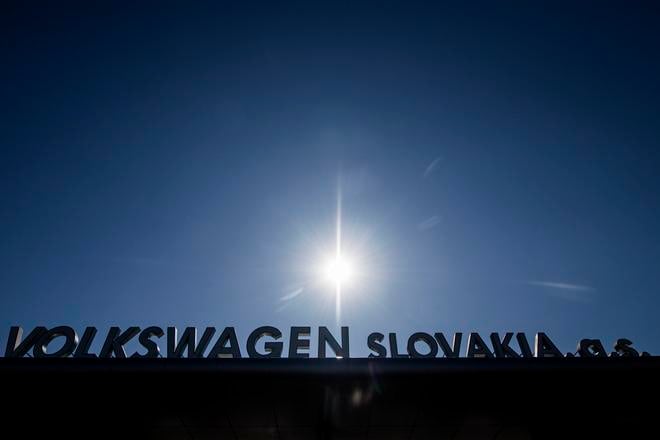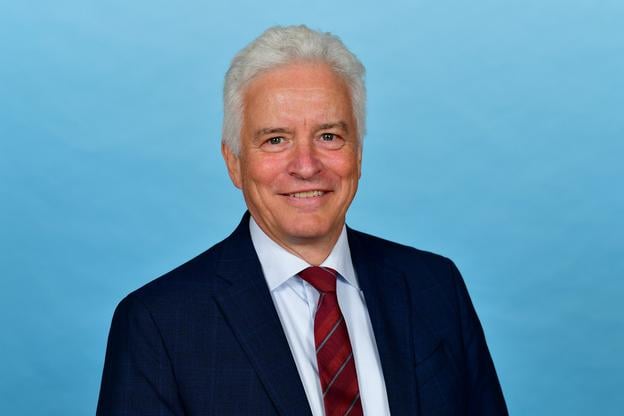For three decades, The Slovak Spectator has been a trusted source for Slovakia’s diplomatic community. Marking this milestone, we turned to some of the ambassadors currently serving in Bratislava with a question: What moments or achievements in their relations with Slovakia stand out as the most significant – and why?
The following piece was contributed by Thomas Kurz, German Ambassador to Slovakia.
Here is a tough question: What moments or achievements in German-Slovak relations over the past 30 years do we consider the most significant? Well, it seems difficult to pinpoint specific occasions that advanced the extraordinary success story of our two countries’ relations. First of all, because these relations began some 800 years ago.
Did you know that a certain Rudolf, of German descent, was elected the first mayor when Banská Bystrica was granted city rights back in 1255? Or that the famous Fugger merchant family, in the 15th and 16th centuries, turned Rudolf’s City of Copper into one of the wealthiest places far and wide? Up until the Second World War, almost everyone in Bratislava spoke German alongside Slovak and Hungarian, and any young German craftsman in training could travel the country from one end to the other, staying overnight with German-speaking families.
Decades of totalitarianism may have suppressed Slovakia’s vibrant diversity of national minorities, but they could not erase the broad German influences still evident today – in churches, on monuments, and in cemeteries.
This year, we celebrate 35 years of reunited Europe; last year, we marked 20 years of German-Slovak EU cooperation – two pivotal achievements in modern Slovak-German relations. Slovakia’s accession to the EU enabled Germany to become its biggest trade partner, with around 600 German companies operating in the country today, providing jobs for approximately 150,000 employees. Our bilateral trade balance exceeds that of Germany with India, the world’s most populous country. The German-Slovak Chamber of Industry and Commerce, with nearly 400 member enterprises, celebrates its 20th anniversary this year.
Against this historic and economic backdrop, it is no surprise that German is the second most commonly learned foreign language, voluntarily studied by one in five students in schools and taught at nearly 20 universities across the country. The demand for well-qualified German speakers is increasing, and the economic benefits for individuals are well-documented.
When the German Embassy, together with the Goethe Institute – the main commercial provider of German language courses in Slovakia – organised German Language Days in Košice, Banská Bystrica and Nitra last year, the meetings between representatives of German companies and students learning German were among the most sought-after events. It was fascinating to see how these meetings turned into genuine recruitment opportunities, with companies pitching themselves to attract young talent.
So, returning to the initial question, we believe the most significant achievement in German-Slovak relations is the link between education and economic activity – underpinned by tradition and centuries of linguistic and cultural affiliation, making it second to none.

 Volkswagen plant in Bratislava (source: TASR - Martin Baumann)
Volkswagen plant in Bratislava (source: TASR - Martin Baumann)
 German Ambassador to Slovakia Thomas Kurz (source: German Embassy)
German Ambassador to Slovakia Thomas Kurz (source: German Embassy)